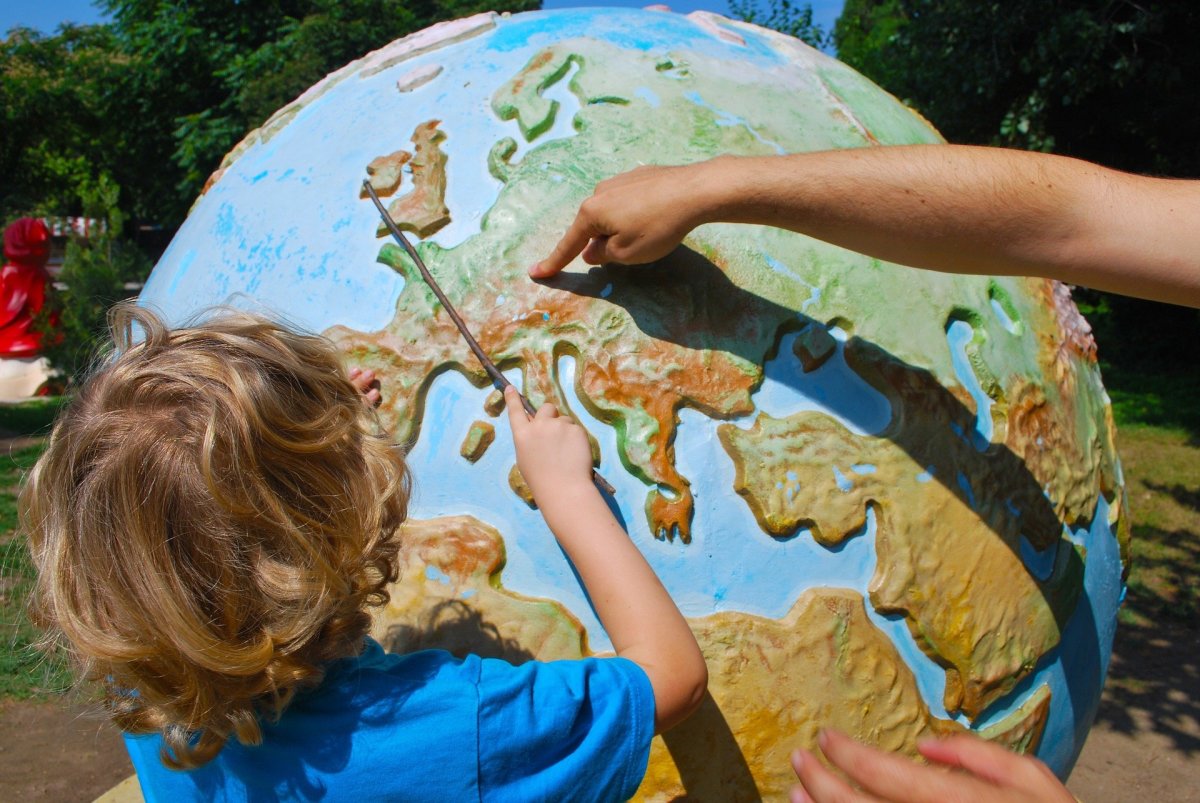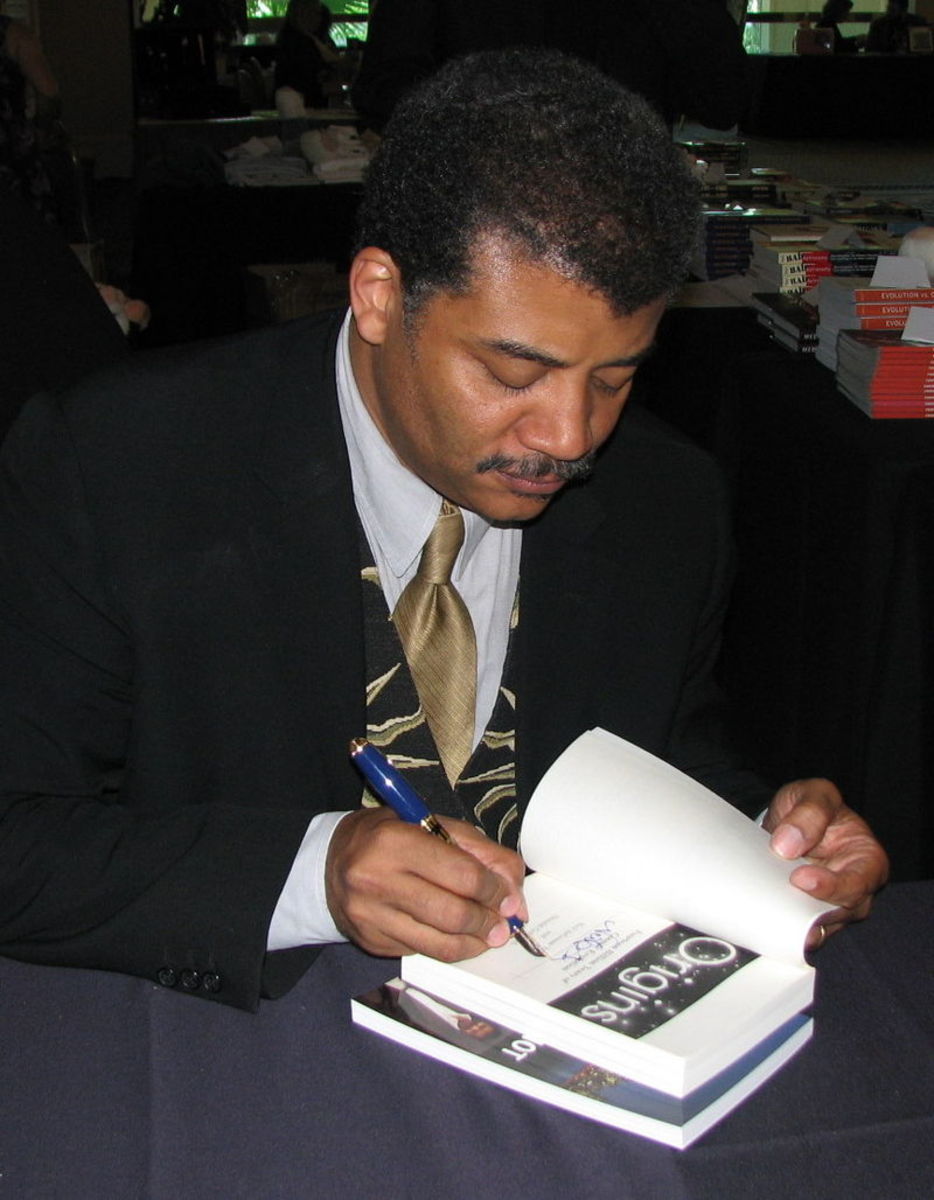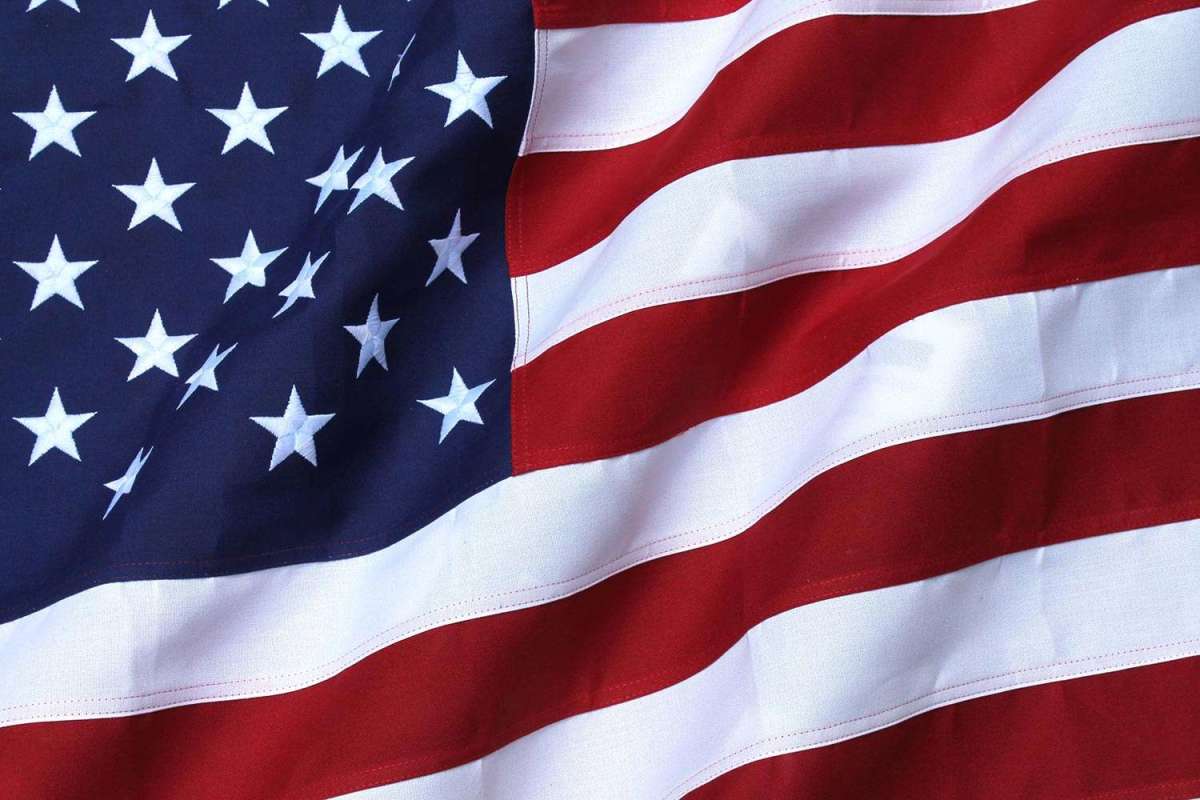How Living (And Traveling) Abroad Helped Me Explore My Blackness and Expose Racial Inequity in America
If I had taken the time to record the most asked question leading up to my departure to China, that question by a landslide would be, “Aren’t you worried about how racist it will be?” Without fail, every interaction that I had in which I revealed my plan to live abroad for a year ended with that question, all the way up to checking in for my flight (a person checking in the rental car that I drove to the airport asked me the question.) Overall, I’ve found the United States to be considerably more racist than China. In China, I found my “blackness” was able to see “White privilege” for myself in the context of another culture. This article’s purpose is not to praise how accepting China is of everyone (it’s not). However, I found Chinese people to be open, curious, and honestly very straightforward in their feelings towards “the other” whoever that may be. In fact, at this time in my life, I think that that year was easily one of the best years of my life.
My first month as a teacher in China was lonely, and I thought about going home often, foreigners were a curiosity in the part of China that I was in because it was a relatively poor part of China. However, after my first month, a teacher asked me if I’d like to play basketball with the other teachers. Word had gotten around that I’d been playing basketball with my students three days of the week and the students of “Xinjiang” for the other two. He thought that I’d enjoy playing basketball with the other teachers. Suddenly I found myself very busy; teachers were quick to come to ask me to sit with them at lunch, point to their favorite foods, and ask my opinions. They were also keen to tell me about their experiences with other foreigners. As I started spending more time with Chinese teachers, students, and street sweepers (anyone who knows me knows that I’ll speak with anyone that’ll listen in any language that I speak), I started noticing interesting things with my foreign friends. I was often translating while with foreigners that didn’t speak the language, and I didn’t mind because I thought of it as practicing my Chinese. It wasn’t until I was out with someone for food that I’d eaten with hundreds of times before; had ordered the same thing for her hundreds of times, that I realized that she had no intention of learning the language. I thought that this was strange from my own experience for two reasons.
First, in America, if you don’t speak perfect English, you’re bound to hear about it from anyone with whom you speak. In China, however, if you speak Chinese (even poorly), generally, people are ecstatic to hear you try. Second, every member of my small community was invested in me speaking Chinese and helping me learn. I often mused at the irony that a Communist country known for celebrating uniformity (most specifically of language because Mandarin is the state-mandated and required communication.) Meanwhile, my own country, while touting freedom demands language uniformity of only one of three major languages in use at its inception; and actively rejects the “ebonics” of blacks, whose history of language began with forced illiteracy and codes to communicate with one another. I also noticed that it was never my black American (or even African) colleagues that refused to learn the language but without fail my white “Western” colleagues. “Curious,” I remember thinking to myself the day that it dawned on me.
Another interesting facet of my life in China was that I always felt like there were eyes on me. No matter where I went, both children and their parents stared. Every so often, a stranger would get caught stopping in the middle of a task to stare. To me, this was no different than being followed around a store or having people’s eyes on me in public in America. The surprise came when my good friend in China, Kyle, lost his composure almost every time that we were in public. I treated it as a game. There are likely still pictures floating around China of me sneaking a jovial pose while a lady tries to sneak a picture surreptitiously, or with strangers, while at the basketball court, bar, barbecue spot, etc. I became used to giving two speeches that I had heard from my parents in some rendition or another my whole life. “You need to be aware that these people have not had the same experience as you and are not the same as you. You need to be on your best behavior and don’t give anyone a reason to cause trouble for you. And, “ Don’t give anyone a reason to lock you up, fine you, anything because you are not guaranteed to get a fair trial if you ‘catch a case.’” The irony, of course, is that my friend represents the paramount “American,” a blonde-haired, blue-eyed, muscular man who engaged with the local population with a slight air of superiority. This is not my opinion, this was told to me several times, that I “must not be American, my friend was American but not me.” No matter how kind or engaging, I was in conversations unless the person knew me, there was always an air of disbelief. Ironically, if the question “Aren’t you worried about how racist China is?” was the most asked question in America, “Are you sure you’re American?” was the most asked question in China.
These interactions went on for months before I finally plucked up the courage to ask why people kept asking me that. I expected the answer “Because you are black.” and there was plenty of that answer to go around. However, the explanation that sometimes came by itself and always accompanied that answer was, “When we see black people on television from America they are rude, angry, stupid, and violent. You are none of those things. To myself, I often thought that I could be all of those things; however, I took it as a compliment and thanked whomever for the compliment. It wasn’t until I returned from China that I thought about the implication of the fact that the only way that Chinese people from my region could get news and shows about and of Black-Americans was by illegally using a VPN, therefore what they were seeing was America’s news and their characterization of Blacks in America. My heart broke in that moment when I realized that the reason the rest of the world sees Black people as “the other” is not because of their interpretation but rather the “source material.”
Recently, I have been watching a lot of movies to understand better the history of contemporary racism and the coping mechanisms of blacks in America. I remember watching the scene in “The Green Book” when Dr. Shirley questions where his place in society is when he’s “too white” for the blacks and “too black” for the whites. This experience has been a constant motif in my life. I am a continual traveler in both, not “at home” in either. The proudest day of my time in China as a traveler (I have a different one as a teacher), was the day that my Chinese teachers pulled me aside and told me that they felt that I was one of them. I prioritized time with their families when I hosted events, slept when they slept, ate what they ate, spoke Chinese, and interacted with them in a way that was familiar to them. They felt that because I had kept their customs that regardless of my coloring and origin that I was “one of them.” I cried the whole walk home, wiping my eyes only for my conversations with street sweepers. I cried for two more days when I realized that in (then 27 years), I had never felt that way with people that called themselves my friends and sometimes family and was unlikely to feel that way if things progressed the way that they were going. China helped me learn a lot about the Chinese; they are honestly just like us. There are things that I like about the culture in some areas and things that I hate. However, the biggest reason that I will always be grateful to China is that for the year that I was there, I felt more embraced by the culture as a black man than I have felt in this country in my life.
© 2020 dsmalls2989








